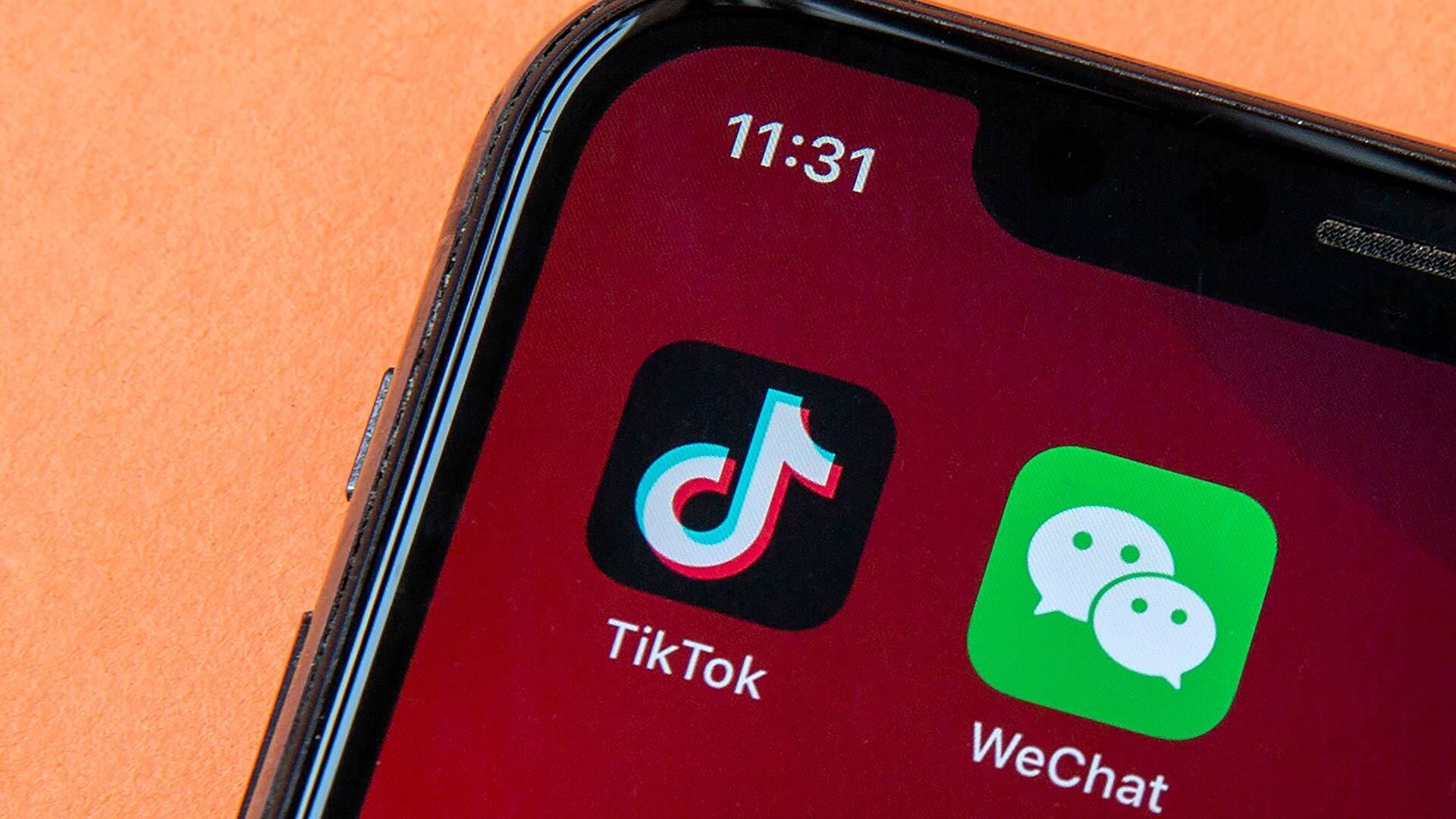- August 07, 2020
- By Chris Carroll
Citing security and economic threats related to two popular social media apps, President Donald Trump yesterday invoked emergency economic powers to ban the use of TikTok and WeChat in the United States unless their Chinese parent companies sell them within 45 days.
“These risks are real,” Trump’s executive order says. “The United States must take aggressive action against the owners of TikTok to protect our national security.”
But does targeting just two platforms in a vast constellation of apps that collect data on users make sense? Or is it, as Trump’s critics contend, more about picking a fight with China?
Computer scientist and social media researcher Jennifer Golbeck, director of the Social Intelligence Lab in the College of Information Studies, spoke today to Maryland Today about why the president’s orders don’t stand up to scrutiny, the reality of apps that spy on us and what is really needed to improve social media data security.
What are the two apps affected by yesterday’s order?
The big one is TikTok, which is a short video social media app. For people who are on social media, it’s a lot like Vine was back in the day. It’s super popular with the younger demographic—elementary school students through high school, and of course, plenty of college students use it.
WeChat, which is incredibly popular, is a kind of messaging app with payments built in. It sort of functions like Facebook Messenger, but it is much more widely used in China than Messenger is in the U.S. The context here is that it’s one of the main ways that the Chinese diaspora stays in contact with family members. It’s also a huge platform for payments being exchanged between individuals and between companies.
Why is the apps’ ownership of interest to the Trump administration?
TikTok is owned by ByteDance, and WeChat is owned by a company called Tencent. They’re both private companies, but being a private company means something somewhat different in China than in the U.S. Even with big Chinese corporations that aren’t publicly owned, there’s still quite a bit of direct contact and influence from the Chinese government; they cooperate with data sharing—sometimes really explicitly, sometimes we just sort of wonder about it. There are Chinese government officials placed inside the companies, and a lot of what we in the U.S. would call “interference,” they would probably just call “interaction.”
Is there a legitimate security concern there?
On all of these platforms, regardless of whether they're based out of China, the U.S. or wherever, there are very serious concerns about the amount of data being collected. And I think there’s
a reasonable, theoretical argument about the potential to collect data about people who could be subject to influence in the U.S., like contractors, like people working in the military, and then potentially the Chinese government getting hold of it. But we don’t really observe that actually happening here.
Is there anything really unique TikTok or WeChat?
No, that’s the problem. The sort of data collection the executive order and the press coverage are talking about—location tracking, personal information, purchasing habits—it’s not at all unique to these apps. It’s being done in different ways by most apps, probably. This kind of data is widely collected within the United States. It’s aggregated by data brokers and available for purchase. It’s incredibly personal. And if you want to focus on China, there are many other apps out of China that do this kind of thing. Part of what's troubling is that there's a target on these two particular apps that are behaving pretty normally within the space of personal data collection.
So what do you think of the Trump response?
I would love to see more concern about this type of personal data collection and the implications of it in general, regardless of where the companies are owned. I think it's a very serious problem. There are real and dystopian things that can come out of this practice. But I don't actually think that is the administration's concern, because they've been advocating the opposite interest within the U.S. and fighting against the sorts of privacy regulations and rules that would protect us from data collection and analysis by U.S. companies.
What should we actually do as a society to protect ourselves?
We need really comprehensive legislation in this area. How do we want to regulate the export of personal data? How does that get shared across borders? Should it be stored in the U.S. or not, and who has access to it? TikTok is such a lame target if those are the questions, because it's mostly a bunch of teenagers making videos of themselves dancing.
Topics
ResearchUnits
College of Information